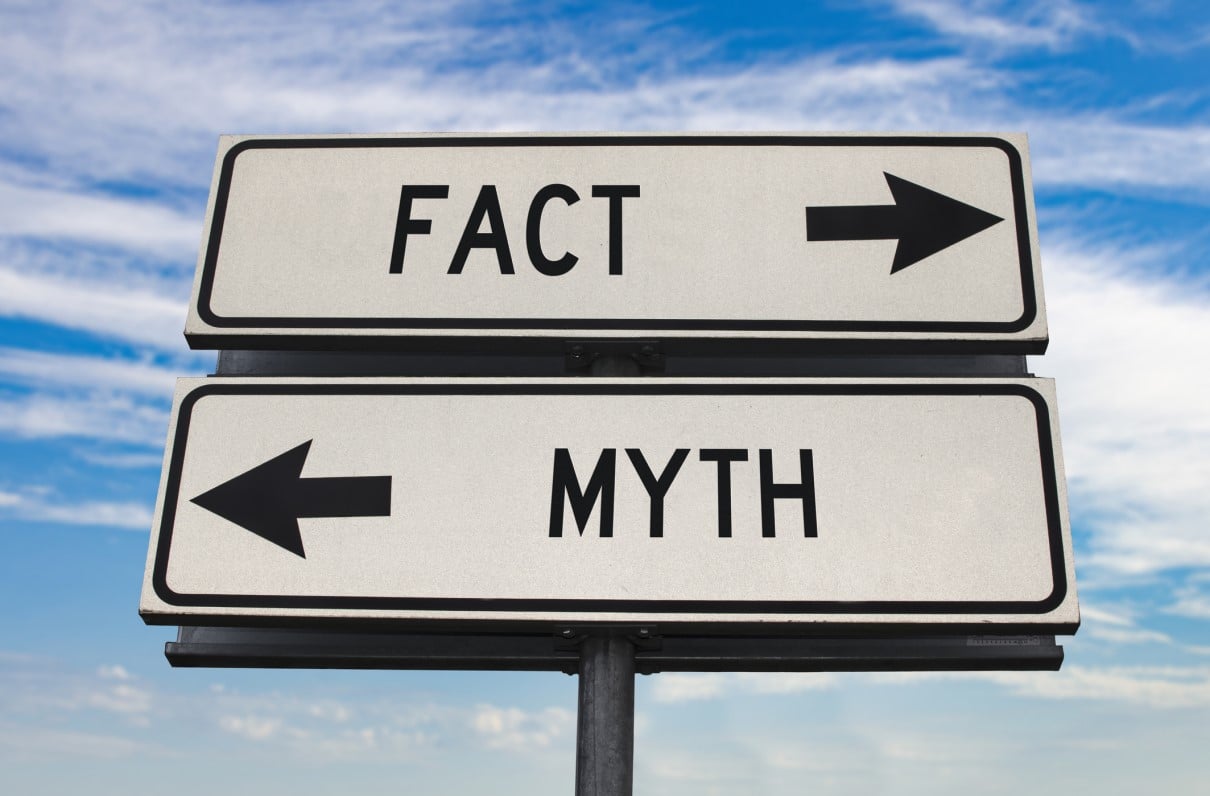(This article originally appeared in the July 2024 edition of Military Officer, a magazine available to all MOAA Premium and Life members. Learn more about the magazine here; learn more about joining MOAA here.)
There are many myths and misconceptions about the military’s Survivor Benefit Plan (SBP). And a good handful of those myths are about how SBP works with Social Security benefits. As you make decisions about SBP, it is important to have accurate information.
Let’s look at a few common Social Security-SBP myths.
Myth: There’s an offset between Social Security and SBP.
Truth: There is currently no reduction in SBP benefits.
It is understandable why this misconception exists. When SBP was created, there was an offset with Social Security benefits. That offset was repealed in 1986, but it was replaced by a two-tier benefit system. This system reduced SBP payments once the recipient became eligible for Social Security. The two-tier system was phased out between 2005 and 2008.
Since it has only been 16 years since the phaseout ended, some people still think the offset and/or two-tier system exists. Then that misinformation gets spread, and folks don’t know it is old information.
To be clear, there is currently no offset between Social Security and SBP.
[RELATED: MOAA's Military State Report Card and Tax Guide (Includes SBP Tax Information)]
Myth: SBP changes the way Social Security is taxed.
Truth: This one is a little trickier. The receipt of SBP might change how much your Social Security benefits are taxed, but that’s not because it is SBP.
Social Security benefits can be subject to federal income tax depending
on the total income of the recipient. This is true regardless of whether they also receive SBP benefits. If a person’s combined income (which includes
adjusted gross income, nontaxable interest, and half of Social Security benefits) exceeds a certain threshold, a portion of their Social Security benefits might become taxable.
The specific thresholds for taxability vary depending on filing status. However, the receipt of SBP benefits itself does not directly affect these thresholds or the taxability of Social Security benefits.
[SOCIAL SECURITY 101: Understanding Spousal Benefits and Survivor Benefits]
Myth: Receiving SBP makes you eligible for Social Security survivor benefits.
Truth: While both SBP and Social Security offer survivor benefits, they are completely independent programs. Eligibility for each benefit is based on the rules of that program.
Being eligible for one benefit does not make you eligible for the other benefit. On the flip side, being ineligible for one benefit does not make you ineligible for the other benefit. There’s no connection between eligibility rules.
Myth: SBP will reduce your Social Security benefit if you take Social Security early.
Truth: If you take your Social Security survivor or retirement benefit prior to your full retirement age, your benefit will be reduced because you took it early, and it will be subject to the earnings test, which can temporarily trim benefits further based on a limit on earned income.
However, SBP payments do not count as earned income for the Social Security earned income test. Therefore, the receipt of SBP does not impact your Social Security benefit even if you’re subject to a reduction because of the earned income limits.
MOAA’s Financial Calculators
Whether you’re planning for retirement, buying a home, managing your investments, or more, these tools can help you make informed decisions.

